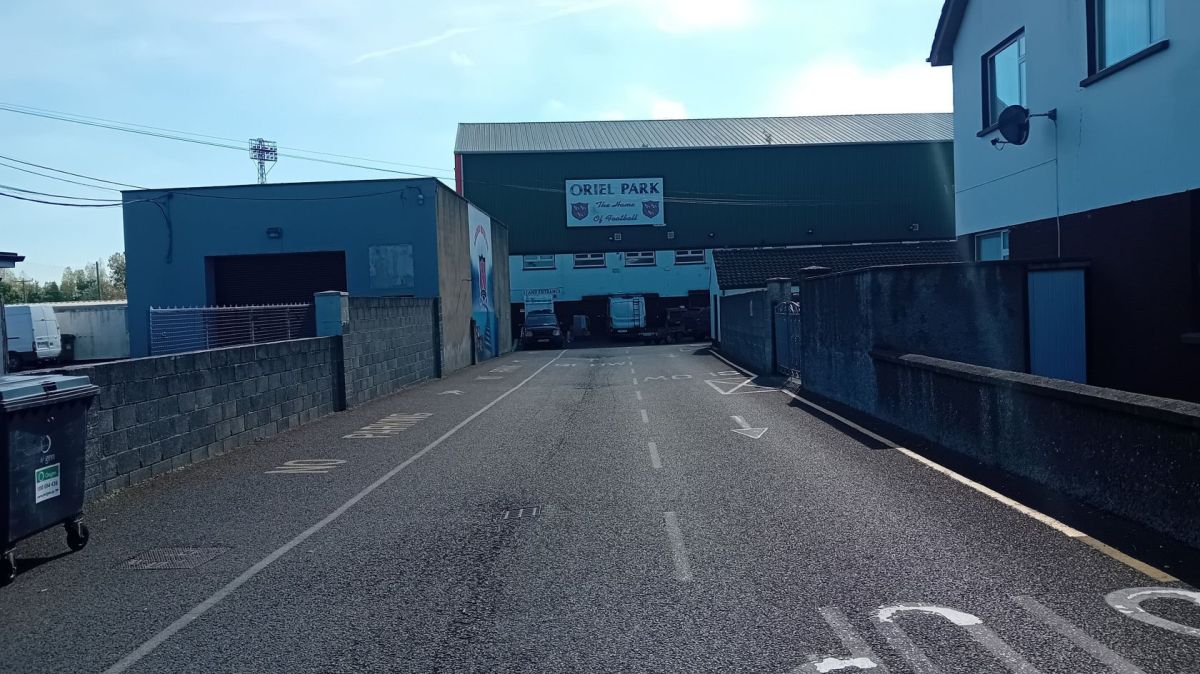The study highlights a strong preference for hybrid work among Irish workers, with 46% willing to accept a lower salary for fully remote roles.
Work-life balance remains a top priority for employees, with 61% expressing satisfaction in this area, and an additional 12% reporting they are very satisfied. However, 26% said they were dissatisfied or very dissatisfied with their work-life balance.
Despite efforts to improve work-life balance, 26% of employees changed jobs in the past year, primarily seeking better balance. Flexible working hours and shorter commutes were cited as key factors in achieving this goal.
Currently, 45% of employees work in a hybrid model, while 40% are fully office-based. However, 55% of Irish organisations require staff to be on-site at least two to three days a week. Only 18% offer flexible arrangements allowing employees to choose how many days they work remotely.
The report underscores employers’ growing efforts to accommodate hybrid working demands. Nearly half (47%) of organisations believe hybrid working has improved employee retention, and 74% expect these models to remain unchanged in the next year.
In addition to hybrid work, employers highlight salary, benefits, positive work environments, and career development opportunities as crucial for attracting and retaining talent.
Hays Ireland Managing Director Maureen Lynch noted that hybrid working is increasingly viewed as a standard expectation rather than a benefit.
“Many prominent companies are encouraging employees to return to the office four or five days a week. However, they must balance this with recruitment and retention goals and the expectations of prospective hires,” Lynch said.
“This shift reflects a broader desire for work-life balance, as employees prioritise roles offering autonomy over where and how they work. As organisations adapt, Ireland’s workplace landscape is evolving, with flexibility, well-being, and job satisfaction becoming central to a thriving workforce.”















